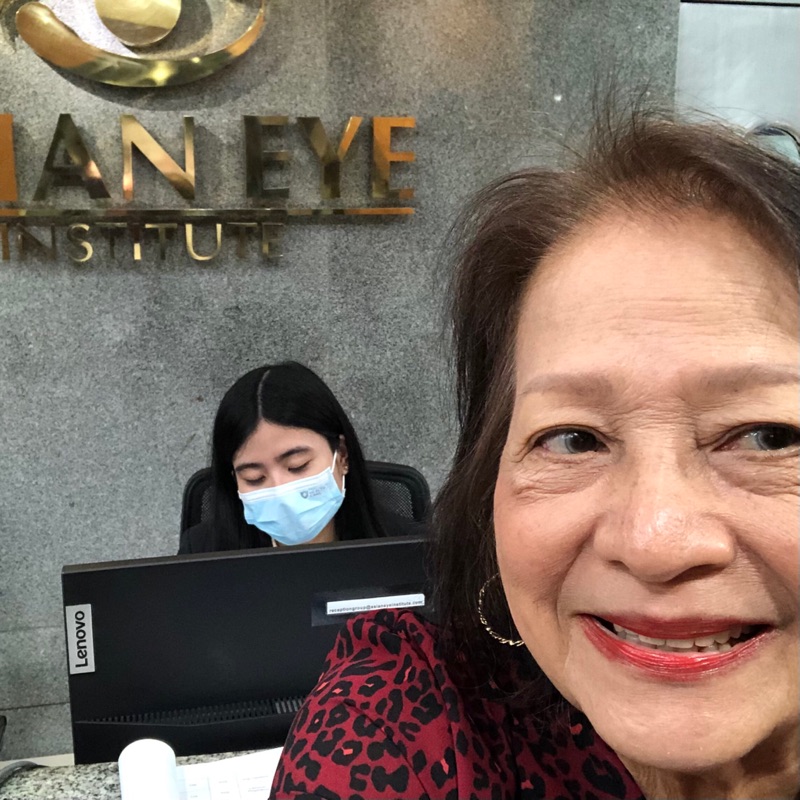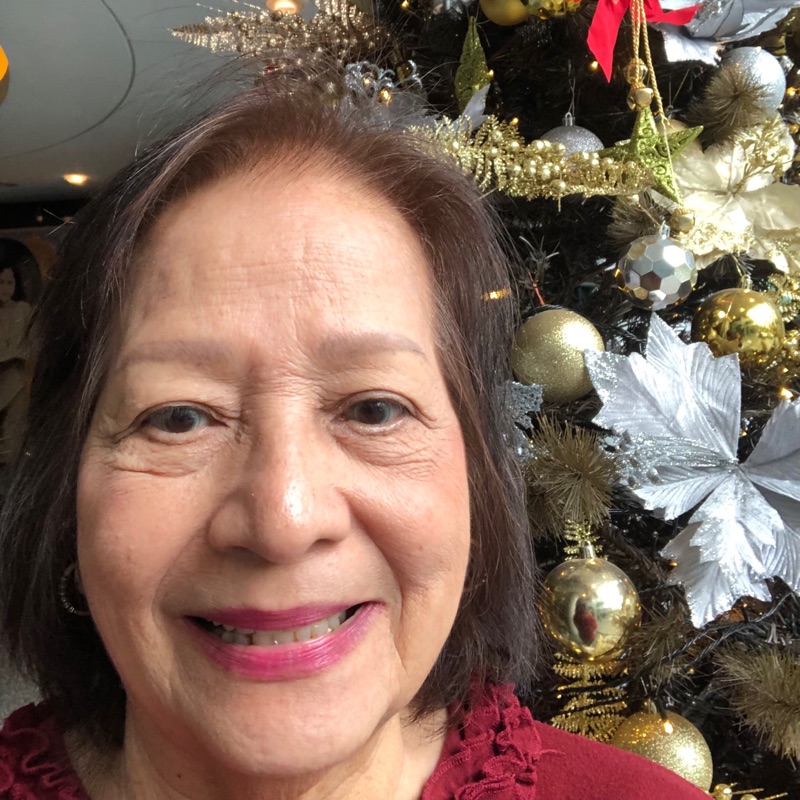Have you ever wondered what exactly is lens replacement surgery? Though it’s really popular nowadays, aren’t you amazed that it is possible to remove the lens of our inborn eyes and replace it with an artificial one?
When and why do we need to do it? Is it because we are tired of wearing reading glasses or is it due to a health issue?
I am writing this as a layman. My husband underwent lens replacement surgery, along with the cataract removal. I am not a doctor, much less an ophthalmologist but I had a “front row seat “ every step of the way from the screening and all the steps in between up to surgery 
When someone experiences blurred vision a practicing Ophthalmologist will know if there is a buildup of cataract, the opaque, cloudy matter that develops in the eye. This hinders our clear vision. This mostly happens to the elderly, or to others as young as 50 years old.
Cataract and lens replacement surgery involve the removal of the natural lens of the eye that developed cataract and replaced by artificial lens.
My husband’s ophthalmologist, a retina specialist confirmed the presence of cataract. Screening followed immediately to determine the appropriate lens to be implanted since the lens is not one fits all.
There are different lenses:
“Mono focal lens focuses on a fixed point that provides clear vision at a specific distance”. This is good for driving.
“EDOF lens can help people see clearly at a range of distances without glasses”
“Multi-focal lens allows the patient to see clearly at near, intermediate and far distances without glasses or contact lenses
After screening, the lens was ordered, we waited for 7 working days to avail of the Philhealth benefit.
We were required to get a Cardiologist clearance, this is effective for three months; which makes sense since surgery is done one eye at a time. Complete healing is achieved within approximately 4-8 weeks.
After surgery, he could barely see anything for about a week but clear vision is eventually attained. I had to put food on his plate. Of course he couldn’t read as well since he could not focus.
Jim had to wear googles 24/7 to protect the eye while sleeping and to prevent infection. Eyes must never be wet, so caution is necessary while taking a bath. He had to wear dark glasses to protect eyes from the glare outside our room.
The very next day, we went back for post-operation checkup. The good news is there is no pressure on the operated eye and no pain. The doctor reduced the 4 eyedrops half the original dosage.
I was happy to share the good news to our family and friends who offered prayers and well wishes for a successful procedure and healing.

All is well, so here is me feeling happy, grateful and in the mood for a selfie by the Christmas tree at the lobby of Asian Eye Institute in Rockwell.
No comments:
Post a Comment